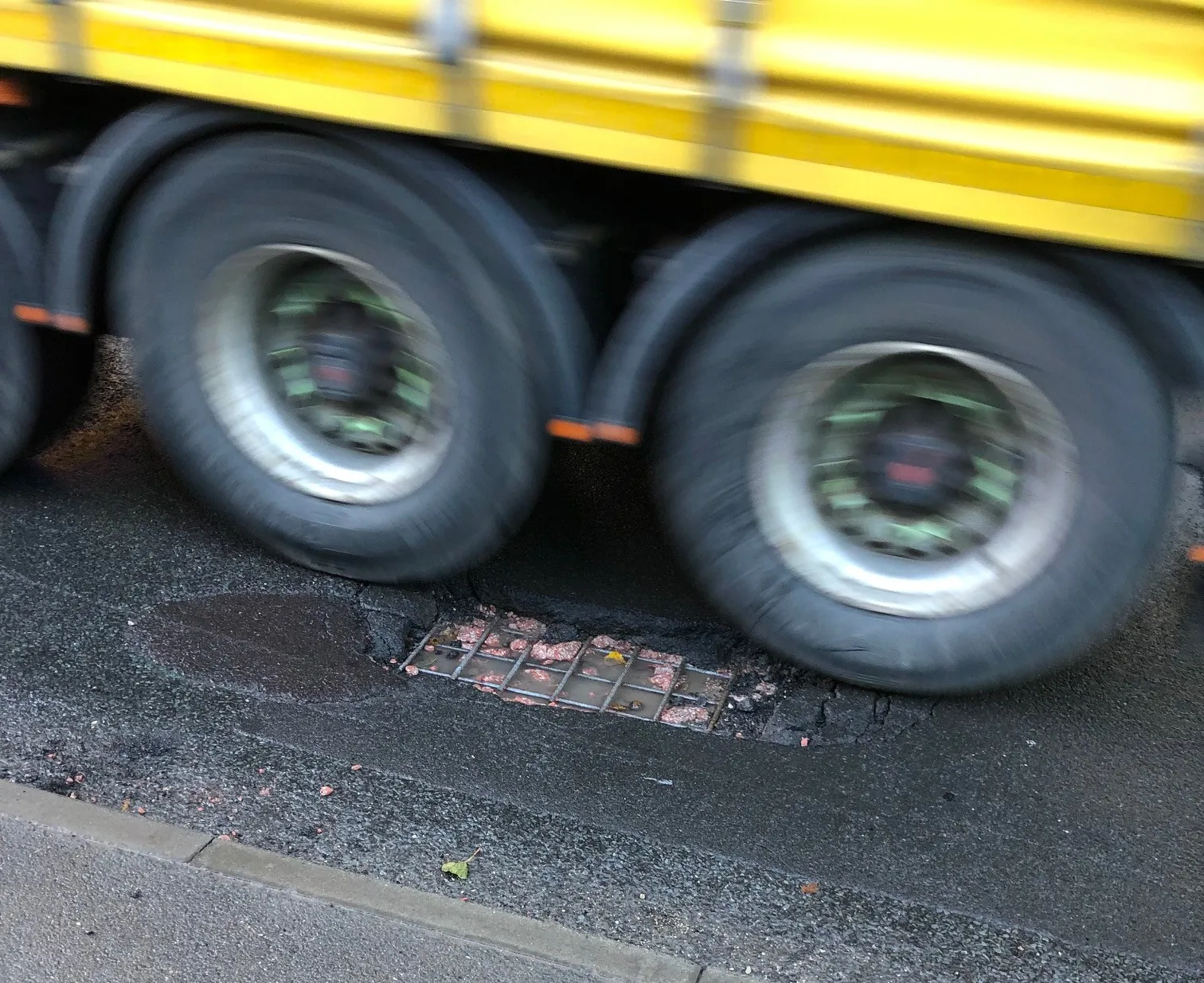Around 10,000km of Russia’s roads will be repaired annually from 2014 according to the country’s Federal Highway Agency. The federal road network would fully meet quality requirements in Russia by late 2017. Currently, Russian authorities repair 6,600km per annum, around 1.5 times less than required. Only about 39% of the road network is said to be in a satisfactory condition.
November 28, 2012
Read time: 1 min
Around 10,000km of Russia’s roads will be repaired annually from 2014 according to the country’s Federal Highway Agency. The federal road network would fully meet quality requirements in Russia by late 2017. Currently, Russian authorities repair 6,600km per annum, around 1.5 times less than required. Only about 39% of the road network is said to be in a satisfactory condition.








